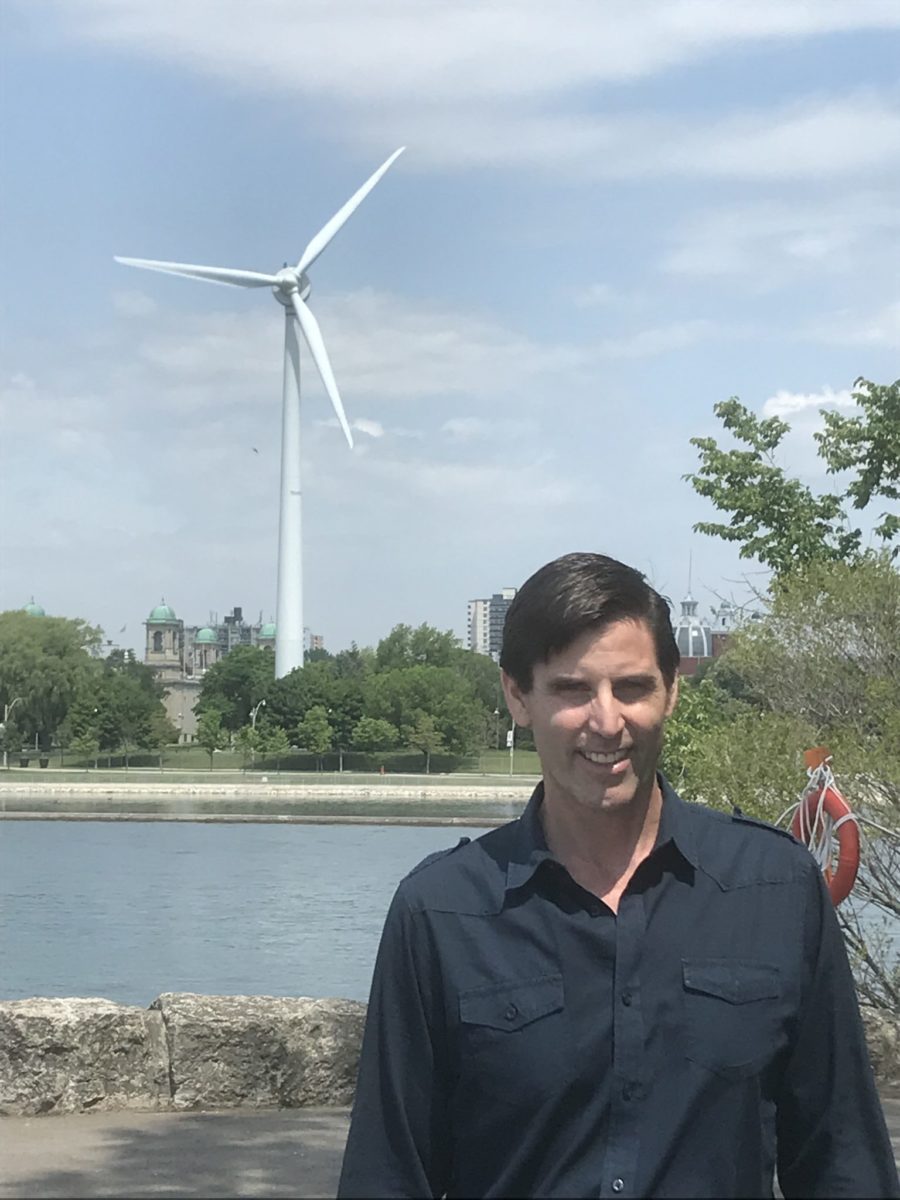From pv magazine Global
As renewables come to represent a larger portion of the worldwide energy mix, and as targets are put in place to increase it further still, there are plenty of worries over the cost that radically changing our energy systems will entail. And the intermittent nature of wind and solar also creates concern about insufficient supply and possible blackouts.
The latest energy system models from Stanford University researcher Mark Jacobson, however, show that for 145 countries, the energy transition too 100% wind, water, solar and storage would pay for itself within six years, and ultimately cost less than continuing with the current energy systems.
“Worldwide, WWS reduces end use energy by 56.4%, private annual energy costs by 62.7% (from $17.8 to $6.6 trillion per year), and Social (private plus health plus climate) annual energy costs by 92.0% (from $83.2 to $6.6 trillion per year) at a present-value cost of $61.5 trillion,” Jacobson said in his most recent paper. “Thus, WWS requires less energy, costs less, and creates more jobs than business as usual.”
He described the model in “Low-cost solutions to global warming, air pollution, and energy insecurity for 145 countries, which was recently published in Energy & Environmental Science. It builds on Jacobson’s previous work by adding new countries, more recent energy consumption data from all regions, and calculations to deal with uncertainty in the future price of battery energy storage, the role batteries will play, and the development of newer technologies such as vehicle to grid. But despite these uncertainties, Jacobson is certain that technological barriers don’t present a major roadblock for the transition.
“(About) 95% of the technologies needed to implement the plans proposed are already commercialized,” he states.
The study also finds that, while jobs would be lost in the mining and fossil fuels segments, 28 million more jobs would be created than lost overall. Only Russia, Canada and parts of Africa are expected to see net job losses as a result, as these regions economies depend heavily on fossil fuels.
Though the study provides clear evidence that a full transition to 100% renewable energy is both technically and economically possible, Jacobson warns that plenty of uncertainty remains.
“Many additional uncertainties exist. One of the greatest is whether sufficient political will can be obtained to affect a transition at the rapid pace needed” he said. “However if political will can be obtained, then transitioning the world entirely to clean, renewable energy should substantially reduce energy needs, costs, air pollution mortality, global warming, and energy insecurity while creating jobs, compared with BAU.”
This content is protected by copyright and may not be reused. If you want to cooperate with us and would like to reuse some of our content, please contact: editors@pv-magazine.com.









By submitting this form you agree to pv magazine using your data for the purposes of publishing your comment.
Your personal data will only be disclosed or otherwise transmitted to third parties for the purposes of spam filtering or if this is necessary for technical maintenance of the website. Any other transfer to third parties will not take place unless this is justified on the basis of applicable data protection regulations or if pv magazine is legally obliged to do so.
You may revoke this consent at any time with effect for the future, in which case your personal data will be deleted immediately. Otherwise, your data will be deleted if pv magazine has processed your request or the purpose of data storage is fulfilled.
Further information on data privacy can be found in our Data Protection Policy.